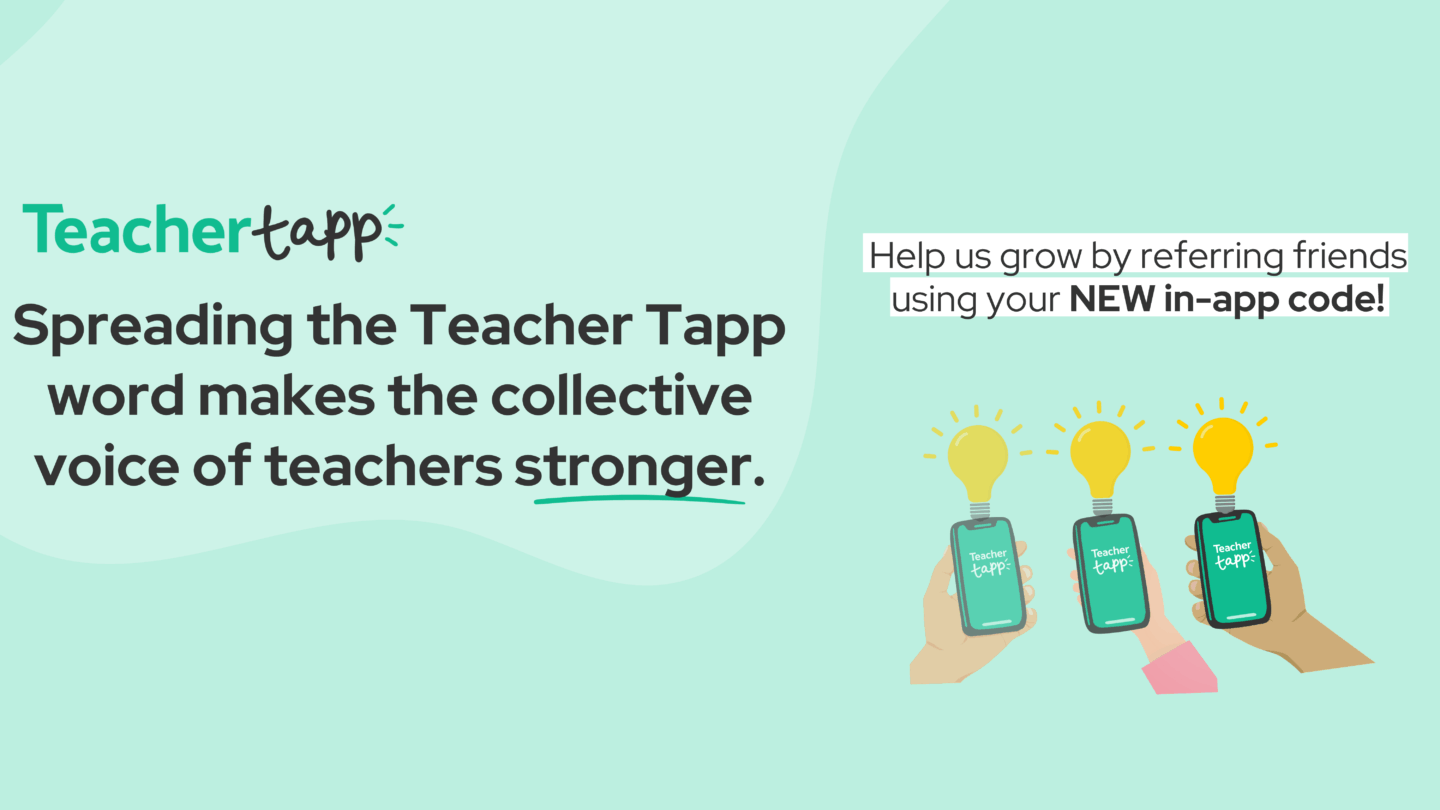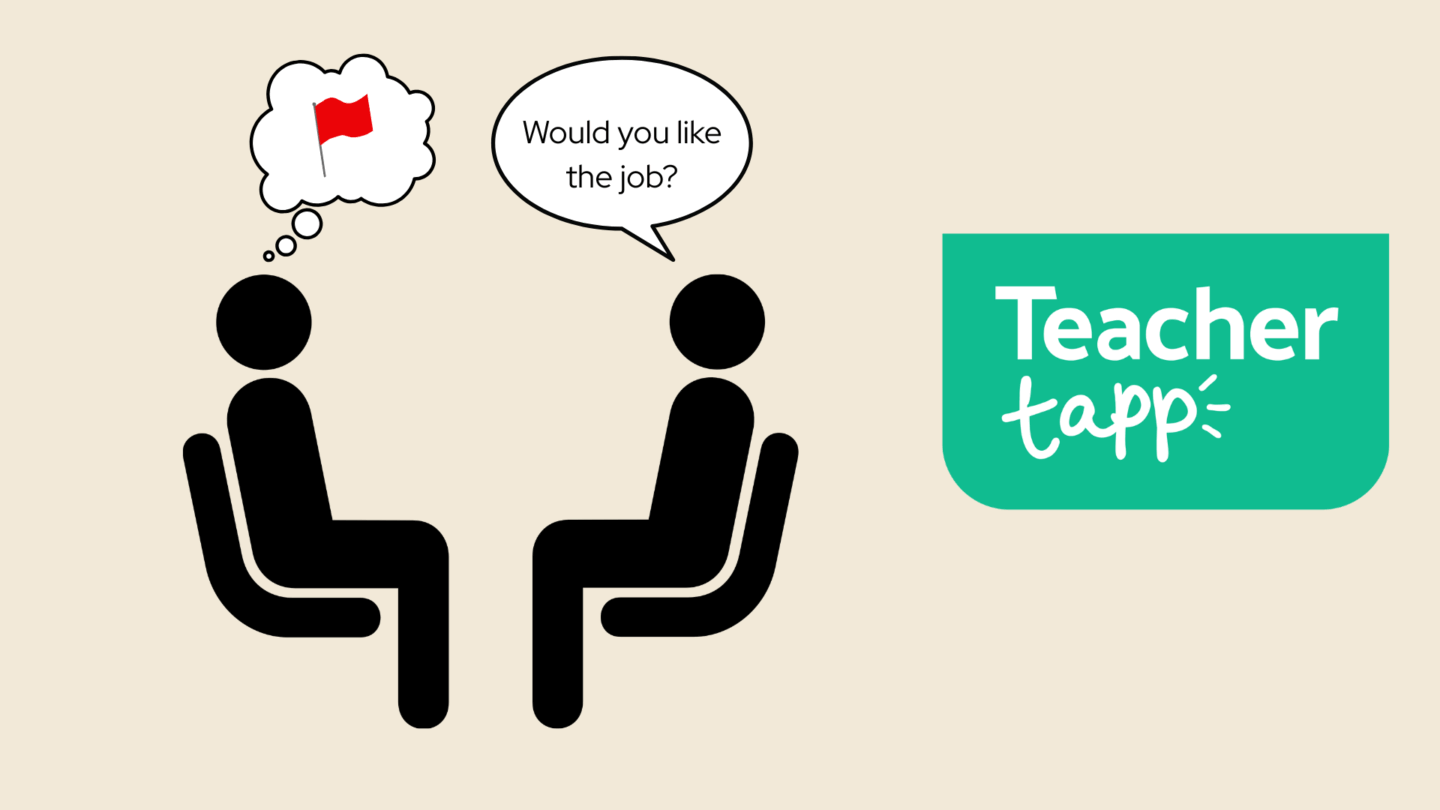Term is kicking on and everyone is starting to think this term will never end but keep going, you’ll get there in the end!
In the meantime, here’s what teachers said this week about the job. Does it chime with your views?
1.Is Ofsted causing workload? (And can it be trusted?)
Last week 94% of you supported Ofsted’s plan to inspect the ‘intent, implementation, and effect’ of the curriculum in each school. But what will teachers and leaders need to do in response to the policy?
PRIMARY SCHOOLS:
Around half of primary teachers said nothing new was needed. Leaders in their schools could already adequately justify the curriculum.
However, around a quarter (23%) felt that subject or year group leaders would now need to write detailed justifications of their curriculum, while another 19% felt SLT would need to write similar documents.

Surprisingly few teachers felt the school would change the curriculum to focus less on SAT and only 16% felt it would mean more time was given to non-English and maths subjects. Businesses hoping to sell new curriculum materials also had bad news: just 12% of teachers felt it would be necessary.
SECONDARY SCHOOLS:
Secondary teachers had a similar response – with 50% believing senior leaders were already able to justify the curriculum.
BUT, around a third of teachers (34%) felt that subject leaders would need to write detailed justifications of their curriculum choices, and 18% felt SLT would need to do the same.

Secondary schools were even less likely to believe new commercial materials are needed than their primary colleagues. (Just 4% agreed). However, they also didn’t believe it was going to improve the amount of time given to non-core subjects, which has been one of Ofsted’s implied aims.
The Ofsted curriculum plan therefore shouldn’t financially cost schools too much. But if a third of department leaders are running around writing curriculum justifications that is a reasonable additional workload.
One way to alleviate the pressure would be having Ofsted do a one-term moratorium on inspections to give everyone a chance to catch up.
But 61% of teachers didn’t think this would make a difference to workload (presumably because it all needs to be done anyway) and 24% felt it would undermine the system. In sum: not a well-liked idea.

But is Ofsted seen as ‘reliable and trusted’?
This time last year we asked if Ofsted was a ‘reliable and trust arbiter of standards’.
The results were … not good. Here they are (in our old format!)

Zoom forward a year and they are… still not great but going in the right direction.

This year 21% of teachers agreed Ofsted was reliable and trustworthy, as opposed to just 16% last time. A marginal gain, but it’s better than a decline.
As before, we found that length of service makes a difference to trust levels. Over time, as people experience more inspections, their risk of getting a dud deal expands and it seems to undermine their faith in all inspections. As the teaching profession is getting younger and less experienced (due to increasingly poor retention rates) Ofsted might benefit from an improvement in these ratings out of sheer naivety.

Happily, we can track this experience effect over time and control for it. Here’s to seeing what the scores in 2019 show!
2.Are Classrooms Full of Tablets Yet?
It feels like futurologists have been predicting the ‘digital classroom’ – full of children on laptops or tablets – for the best part of twenty years. So, are we nearly there yet?

Taking a random last lesson that Tappsters taught, we found that 30% of classrooms had at least one student on a computer or tablet (for whatever reason) – but that means 70% of lessons on at any one time have ZERO computer use.
Only 13% of lessons had the entire class on a computer or tablet. And, as the graph below shows, those were most commonly taught by teachers categorised as teaching a ‘creative/practical/other’ subject, which includes ICT and computing.

Looking at the other subjects, it’s more like 75% of classrooms are entirely computer free and only around 12% have the entire class on computers. The future is not quite here yet, folks.
3.Counsellors Before Teachers?
Schools desperately want more cash, but most teachers would rather it wasn’t spent on themselves. Over a third of teachers said they would most value having a counsellor to work with students on mental health problems.
The next most popular answer was an additional teacher who could provide cover, especially for professional development activities, but close behind were reading experts and family social workers.

Given the growing awareness of mental health issues, and an increase in the number of children diagnosed with disorders, the answer may reflect an appetite within schools to tackle the problem. However, it’s also worth bearing in mind that earlier this year we asked teachers what jobs they would advise their 21-year-old self to go into. Mental health was not popular – just 5% selected it, compared to 15% for law and 11% for accounting. Social work was even less popular (2%).

Ultimately, most teachers want to teach. That’s the job they entered and enjoy. It may not even be that mental health is growing as an issue, it may simply be that they want to concentrate on doing the job they were trained to do and are best at.
One way to test this theory is to look at the way answers differed depending on the wealth of the pupil intake. In the graph below, 1 = schools with the lowest percentages of pupils on free meals, whereas 5 = a high percentage of pupils on free meals.
The patterns are not straightforward but there are a few key trends.
First, schools with lots of pupils on free meals are much more likely to want social worker support.
Secondly, at secondary school we see double the demand for reading experts in schools with the poorest intakes compared to schools with the wealthiest intakes.
Finally, counselling support is almost equal across primary schools and it’s more valued in schools with wealthier intakes – possibly because their need for social workers and reading experts is lower.

With this in mind it’s worth reflecting on whether it means the government’s spending package for mental health support is equally helping all schools or if those in poorer areas might better benefit from more money for reading experts and/or social workers.
4.Who Wants A New Set Of Textbooks?
It’s not going to happen, but let’s imagine that schools minister Nick Gibb announced that every teacher is to be given the cash to fund a new set of 30 textbooks to use in your teaching. Would it make teachers happy?
Here’s what you said:

Only 14% of teachers would be happy AND would know which book they wanted.
Around half of teachers either don’t believe a textbook would improve their teaching/workload (24%) or don’t know if there’s a textbook they would want to use (25%)
But how happy you are differs depending on experience. Newer teachers were way less cynical about finding an appropriate and helpful book:

Subject also mattered. As we’ve discovered in the past, primary and English teachers are less enthusiastic about the potential of textbooks, whereas humanities and social science teachers are much greater devotees.

Creative/practical/other come out strongly in favour and against the textbooks. However, this group covers lots of different subjects with some, such as computing, likely to use textbooks, and others, such as dance, much less likely to have something helpful.
All of which goes back to the fact that textbook use is closely tied to the subject taught. But if Nick Gibb wanted to cheer up history teachers then textbooks are the way forward.
5.One or Two-Week Timetables: How Long Is A Lesson?
“Miss, sorry, I’m late… we thought it was Week 2 and went to PE” ?
There’s a special circle of hell for the person who invented the two-week timetable. Undoubtedly, it was done for good reason. Trying to fit in all the different subjects, in a way that’s fair to pupils and teachers and spreads the computer-rooms around, but when you’ve gone four flights of stairs before realising for the tenth time that you’re on Week B, you don’t feel like being fair.
Unfortunately, two-week timetables in secondary schools are common. (We didn’t include primary schools as they are quite rare there)

Lots of school leaders will say they use a two-week timetable because it’s “impossible” to do anything else. Given 44% of secondary schools appear to operate on a one-week, that’s not quite true, but it might be tricky to do.
One reason is possibly the length of lessons. When we looked at the average class length in schools with one-week timetables we found the most common was 50-59 minutes. In schools with two-week timetables, it was 60-69 minutes.

Could it be that the solution to two-week timetables is simply shorter lessons?*
*(I know, I know, some of you are two-week timetable fans. I guess it takes all kinds).
*
6. Finally, as ever, we learned that you really love our daily tips, so here are the links for last week:
Helping students choose wisely
Three questions for every school policy
Knowledge organisers and quiz sheets
Right folks – over and out for another week…
In the meantime, keep sharing what we are doing. Here’s a powerpoint slide (with script), a PDF, and a black-and-white one-pager to help.
Remember, we need more of you before we can do the really exciting and detailed analysis!
Enjoyed this post and want to join our Teacher Tapp panel?
Sign up via the iPhone App Store or the Android App Store.
You can also check out more at www.teachertapp.com





